Evan Davis to replace Jeremy Paxman on Newsnight
- Published
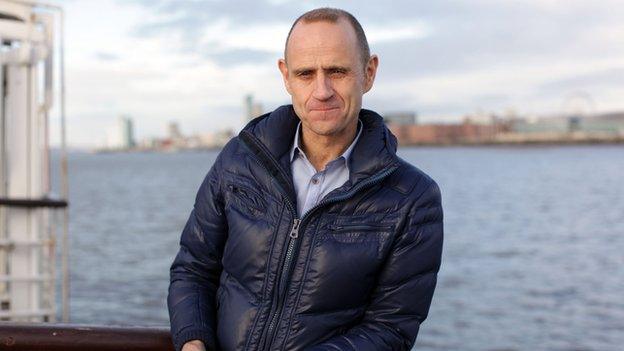
Davis has enjoyed a long career at the BBC
Evan Davis is to replace Jeremy Paxman on Newsnight, the BBC has announced.
The Radio 4 Today programme presenter was the BBC's economics editor for six and a half years and previously worked for Newsnight from 1997 to 2001.
The news was revealed on the day the BBC's annual report was published. It also stated that audiences spent 18.5 hours with the BBC each week.
That is an hour less than 2012/2013. The figure includes radio, TV and online use.
But 96% of UK adults still use the BBC each week.
'We can do better'
Speaking about his Newsnight appointment, Davis said: "I can't deny that I feel terribly sad to be leaving the Today programme.
"But at the same time, how could I turn down the offer of this role on Newsnight, treading in the footsteps of some of the best television presenters in the business? While it is a scary prospect, it will be an adventure and a challenge, and I hope the viewers will be happy with the result."
BBC director general Tony Hall described Davis as an "outstanding journalist", and "an extraordinary, clever and intelligent interviewer".
Lord Hall added: "It's been a fantastic year for the BBC with 96% of the UK choosing to watch, listen or use BBC services.
"But I think we can do better and this year we've announced how we are going to change the BBC to produce more distinctive programmes, ensure the BBC truly reflects all of our audiences and provide even better value for money."
The total spend on the BBC's on-air talent, earning more than £500,000, totalled £11.6m - a £700,000 reduction on the £12.3m spent on star salaries in 2012/2013.
BBC director general Tony Hall says Evan Davis will bring a "distinctive style" to Newsnight
The overall talent spend was £194.2m, down £6.08m from last year and down 15% since 2008.
The total number of senior managers at the corporation is down by 34 to 403 from last year.
The BBC said it is on track to achieve the £700m savings per year it must make as part of its Delivering Quality First programme by 2016/17, having saved £374m in 2013/14 so far.
Some audiences fell during the last year for channels and stations.
Lord Hall said the drop in the total time audiences spent with the BBC each week was, in part, due to bumper viewing for major events including the London 2012 Olympics and the Diamond Jubilee during the previous accounting period.
'Impact' of cuts
BBC One was down 21 minutes a week per average listener, to seven and a half hours.
BBC One channel controller Danny Cohen said it had been challenging to meet audience expectations following funding cuts, resulting in an overall reduction in spend across television and radio.
"There's no doubt if you take 26% of your spending out you are also going to have an impact on how people feel about [the services]," he said.
Radio One went down 51 minutes to six hours and 23 minutes while Radio 4's audience figures reduced by 28 minutes to 11 hours and 26 minutes.
Radio 5 Live also lost 21 minutes a week per average listener, down to six hours and 47 minutes.
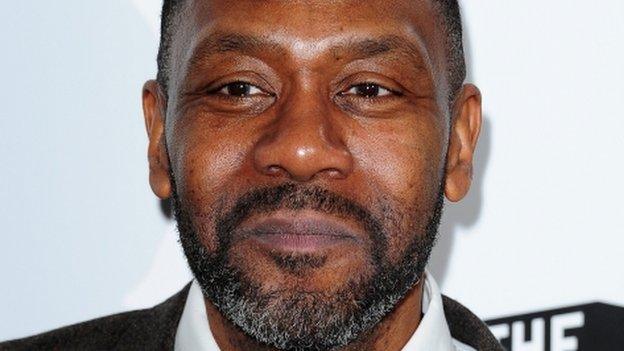
Lenny Henry recently criticised the BBC's diversity plans
But some saw an increase, such as Radio 4 Extra, which went up 26 minutes to six hours and 11 minutes) and Radio 5 live sports extra (an increase of 41 minutes to 3 hours and 59 minutes).
Gautam Rangarajan, the BBC's director of strategy, said that falling figures was an issue occurring across the industry.
"If you look at comparative channels on TV and radio, they've all seen a similar structural shift - audiences are using channels in different ways," he said.
"But 18.5 hours spent with the BBC is an astonishingly large amount of time."
On diversity, the BBC also said it needed a co-ordinated a plan to address a continuing gender imbalance at the corporation, having already made a commitment for 50% of local radio stations to have a female breakfast presenter by the end of 2014.
Disabled staff numbers
The BBC also has a target of 12.5% for black, Asian and minority ethnic staff (BAME) and there was a 0.2% increase from last year in both leadership grades and other staff. Last year's annual report stated that the number of BAME staff was at 12.4%.
The executive has now established a mentoring scheme, Rise, for BAME staff.
But the BBC Trust also said it was concerned by "the lack of progress" in the employment of disabled staff.
The BBC continues to fall short of its target of 5.5%. By March 2014, 3.8% of staff were registered as disabled and the number of disabled staff in senior grades has "disappointingly dropped" this year.
'Improve how BBC is run'
Audience appreciation also fell slightly for radio and TV over the past year but online appreciation increased.
Overall spend on TV, radio and online is down, mainly because the previous year's expenditure had included coverage of the London Olympics.
The report also touched on the BBC licence fee quoting an Ipsos survey, which showed 53% of the public support the licence fee. compared with 26% who want advertising and 17% who would prefer a subscription.
The BBC is due to negotiate the renewal of its Royal Charter and the future of the licence fee with the government in 2016.
Diane Coyle, acting chair of the BBC Trust, said: "The BBC has faced a number of well-documented historic issues where it fell significantly short of what licence fee payers expect.
"The Trust and the executive have been working together to improve how the BBC is run and improve how we work together to make sure nothing like that can happen again."
- Published21 July 2014
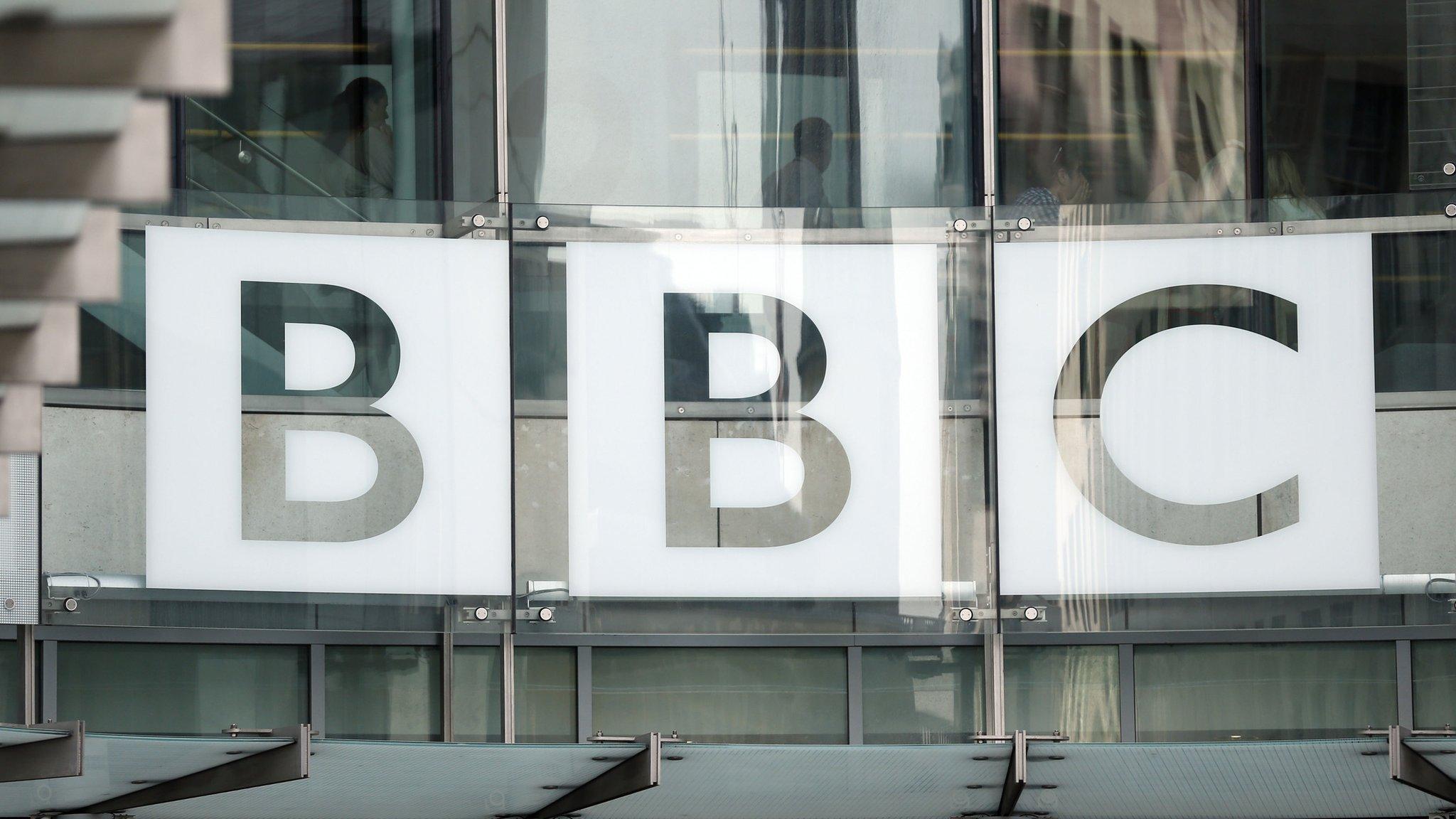
- Published19 June 2014
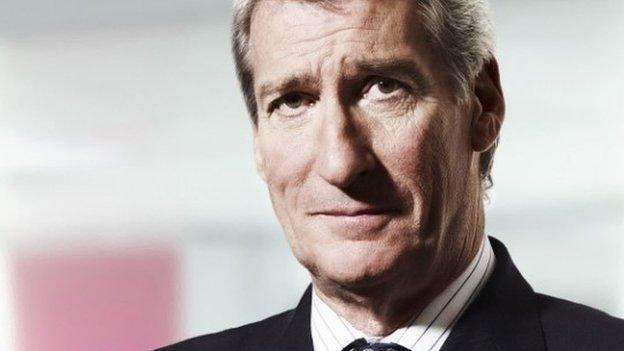
- Published24 June 2014
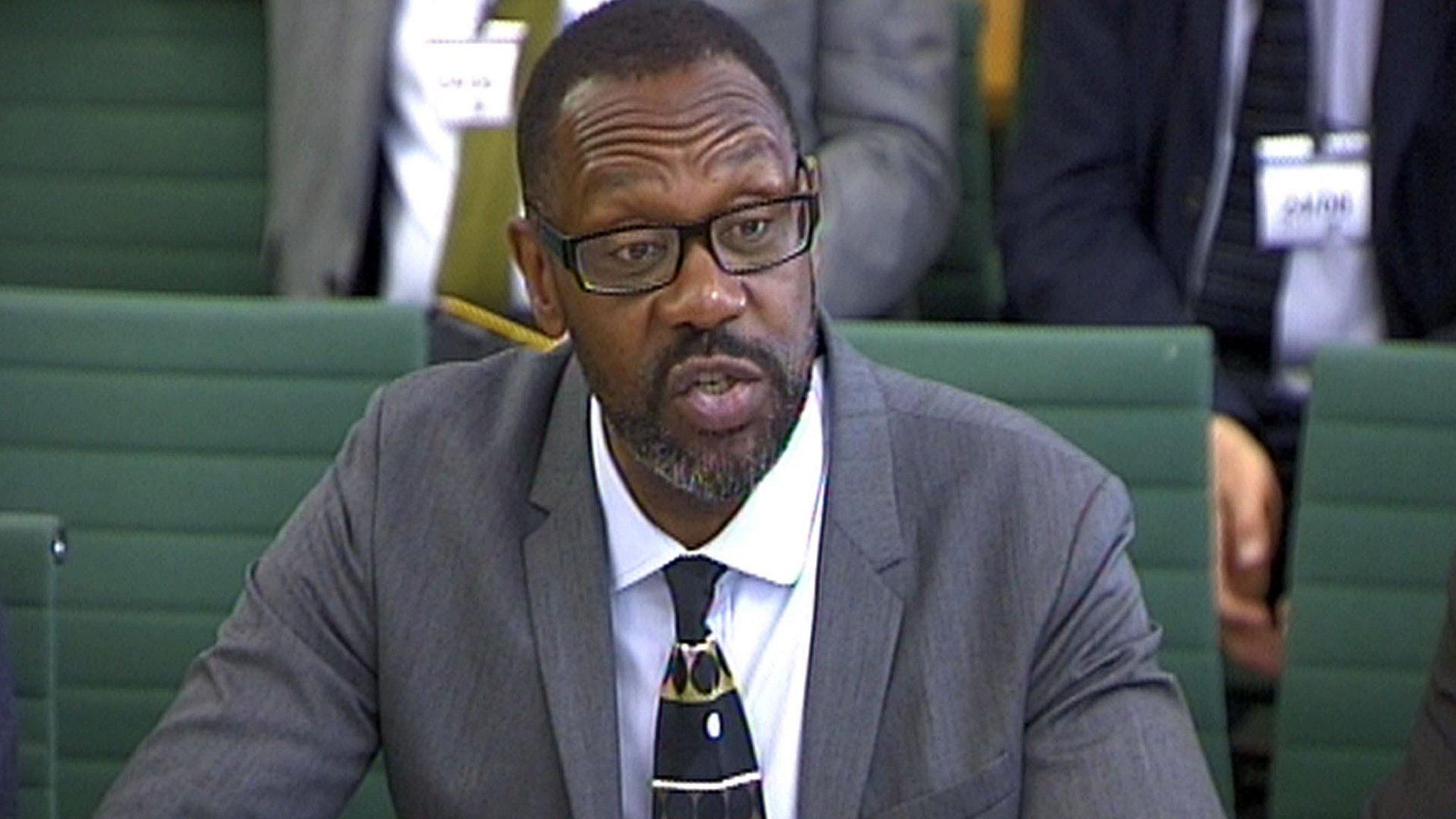
- Published8 October 2013
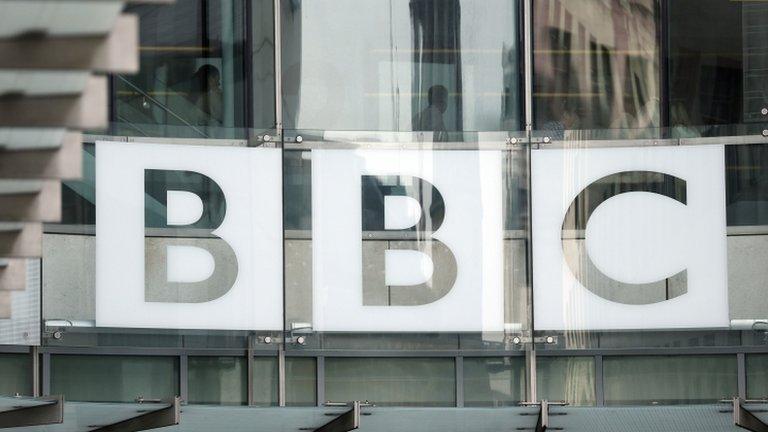
- Published8 October 2013

- Published16 June 2014
